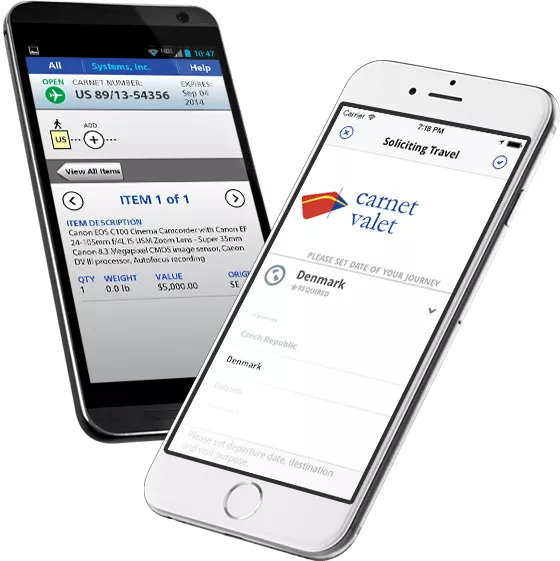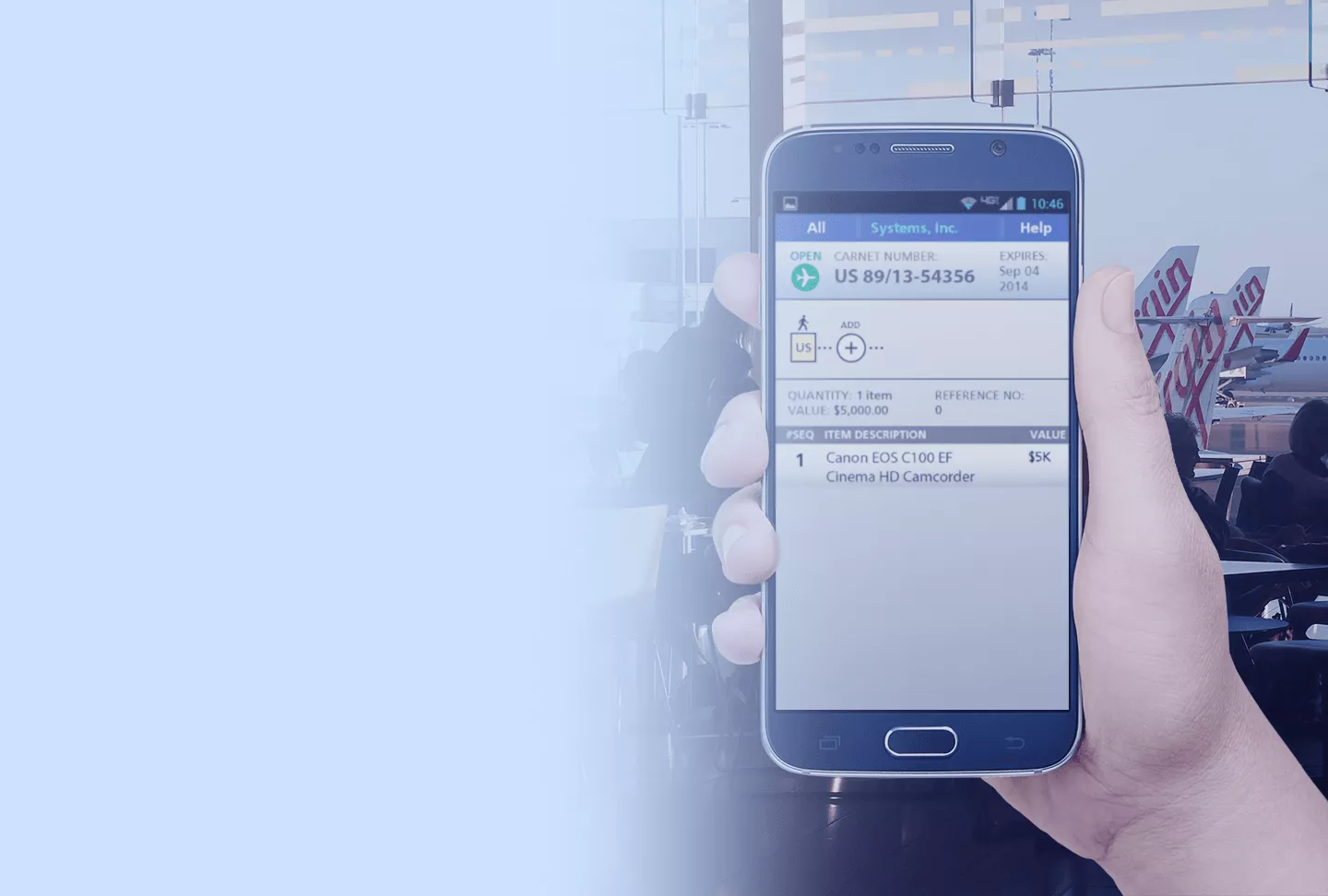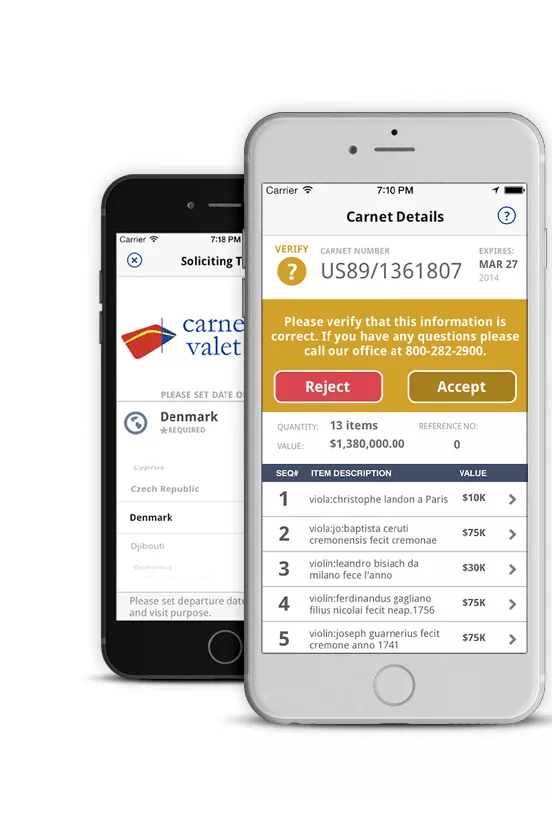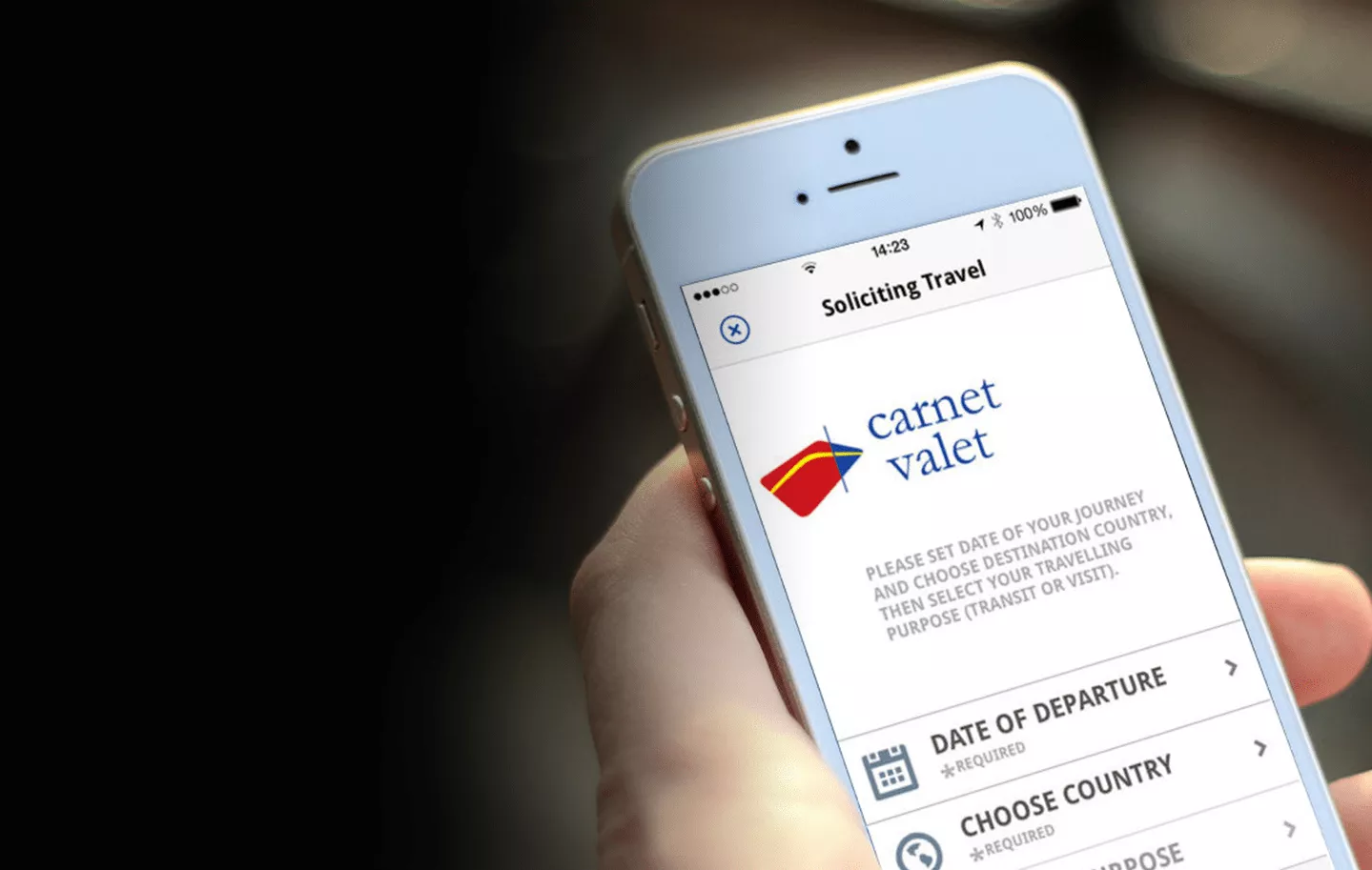Boomerang Carnets: Native Mobile Apps for Customs Papers Management
Designed, built and tested a dual-native platform for iOS and Android, helping the client’s customers manage critical documents, tied to international customs procedures. Incorporated sophisticated location-tracking, push notifications and alert management.





